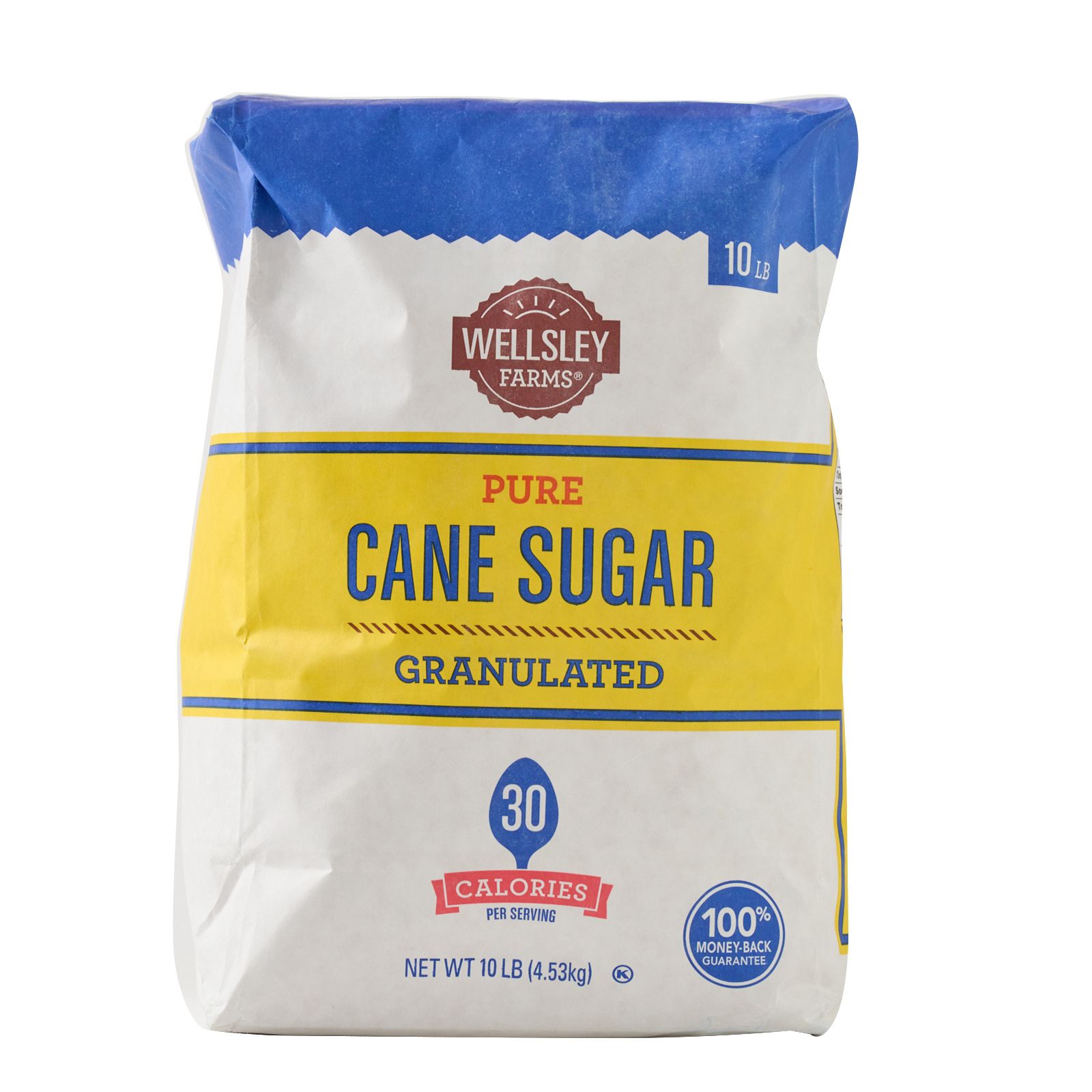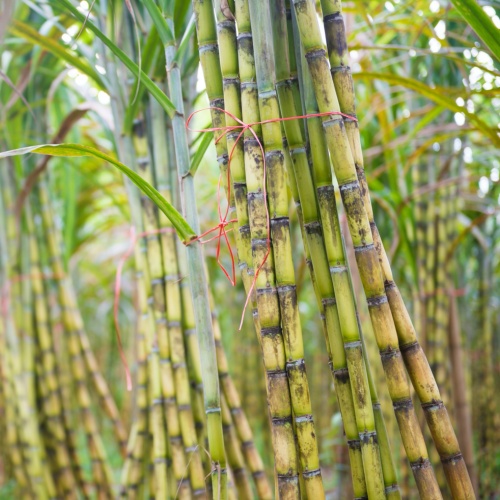Cane Sugar Processing: From Area to Table-- A Step-by-Step Guide
Cane Sugar Processing: From Area to Table-- A Step-by-Step Guide
Blog Article
A Thorough Summary of the Wellness and Economic Implications of Walking Stick Sugar Handling on Regional Areas
Cane sugar handling plays a crucial duty in shaping the economic landscape of neighborhood neighborhoods, using work possibilities and promoting supplementary industries. Nonetheless, the health implications connected with high sugar intake can not be overlooked, as they add to increasing rates of weight problems and diabetes mellitus. This nuanced dynamic welcomes a vital evaluation of how areas can optimize financial gains while attending to the pushing health difficulties they encounter. The exploration of lasting practices and academic efforts might simply hold the trick to reconciling these clashing rate of interests. What strategies might neighborhoods implement to achieve this balance?
Economic Benefits of Walking Cane Sugar Handling
Cane sugar handling supplies substantial financial advantages that expand beyond the immediate farming market. The growing and processing of sugarcane develop various job chances, from farming to manufacturing and circulation. This work generation not only sustains neighborhood economic situations however also cultivates community advancement by giving steady income resources for family members.
In addition, the sugar market stimulates supplementary organizations, including transportation, devices supply, and packaging services (Cane Sugar Processing). As these industries grow, they contribute to an extra durable economic structure, enhancing overall community durability. The export potential of processed walking stick sugar even more intensifies economic advantages, placing areas as competitive gamers in international markets
Financial investment in modern-day processing facilities can cause enhanced productivity and efficiency, consequently decreasing waste and enhancing source usage. This change not just profits the regional economic situation but also sustains sustainability efforts by lessening environmental influences.
In addition, the profits produced from walking stick sugar handling can be reinvested in local infrastructure, education and learning, and health care, promoting all natural community development. In general, the financial advantages of walking stick sugar handling are multifaceted, offering a structure for sustaining prosperity in farming areas.
Health Threats Associated With Sugar Usage
Extreme sugar intake postures significant health dangers that warrant significant interest. High intake of included sugars, particularly from refined beverages and foods, has been linked to countless health and wellness complications.
In addition, high sugar intake is connected with heart disease. Elevated blood glucose levels can bring about insulin resistance, a forerunner to different heart-related issues. Additionally, sugar can have harmful results on dental health, resulting in dental caries and gum disease, as germs in the mouth grow on sugar, generating acids that deteriorate tooth enamel.
Moreover, arising research study recommends a prospective link between high sugar usage and psychological health and wellness problems, such as clinical depression and anxiety. As neighborhoods grapple with these health risks, it ends up being necessary to promote understanding and encourage healthier nutritional selections. Dealing with sugar consumption is essential not only for individual wellness but also for the total well-being of local neighborhoods, highlighting the requirement for extensive public health methods.
Ecological Influences of Sugar Manufacturing
Often forgotten in discussions about sugar's effects is the substantial environmental influence of sugar production. The growing of sugarcane often necessitates extensive land use, causing deforestation, loss of biodiversity, and disturbance of regional communities. The conversion of forests and wetlands into sugar vineyards can lead to habitat devastation, threatening numerous species and modifying eco-friendly balance.
Furthermore, sugar production is resource-intensive, consuming considerable amounts of water for watering. This can cause depletion of regional water sources, adversely affecting both agricultural techniques and community access to clean water. Additionally, the usage of chemical plant foods and chemicals in sugarcane farming can add to soil degradation and water contamination, as runoff from these chemicals enters nearby rivers and lakes, affecting marine life and human health.
The ecological footprint encompasses the processing phase, where energy intake and waste generation additional worsen environmental issues. Air air pollution from melting sugarcane fields, along with greenhouse gas emissions, add to environment change. Therefore, the environmental effects of sugar manufacturing warrant serious consideration, advising stakeholders to embrace more lasting methods to minimize these negative effects on regional communities and communities.
Task Production and Neighborhood Advancement
The environmental challenges posed by sugar manufacturing are visit the site usually counteracted by its possibility for economic benefits, particularly in job production and neighborhood advancement. The walking stick sugar market acts as a considerable source of work in several backwoods, supplying work throughout different skill levels, from farming labor to handling and distribution functions. This work not only supports specific households yet likewise contributes to the total financial vigor of neighborhood areas.
In addition, the establishment of sugar handling facilities boosts ancillary companies, such as transport solutions, equipment supply, and maintenance companies. As these businesses prosper, they create extra work and bolster neighborhood economic situations. The revenue created from the sugar industry additionally causes boosted tax incomes, which can be reinvested right into community services such as education and learning, facilities, and health care growth.
In addition, the sugar sector usually participates in area growth campaigns, such as supporting neighborhood colleges and health programs, consequently enhancing the lifestyle for residents. By cultivating strong community ties and promoting financial growth, the cane sugar handling industry plays a crucial function in uplifting regional populations, making it a vital part of sustainable development techniques in sugar-producing regions.
Harmonizing Wellness and Economic Development
In browsing the intricacies of walking cane sugar handling, an essential obstacle hinges on stabilizing health factors to consider with financial growth. The sugar industry substantially adds to local economic situations by producing jobs, promoting associated fields, and increasing tax earnings. Nonetheless, the health and wellness effects linked with excessive sugar usage can lead to chronic illness such as obesity, diabetes, and cardio problems, which can worry public wellness systems and diminish workforce productivity.

Additionally, regulative frameworks can play a crucial role in directing market practices towards even more sustainable and health-conscious techniques. By fostering collaboration between federal government bodies, health companies, and the sugar market, communities can navigate the duality of health and economic development, ensuring that the benefits of cane sugar handling are equitably shared while prioritizing public wellness.
Final Thought
In conclusion, the processing of cane sugar provides both considerable financial benefits and noteworthy that site health and wellness threats for neighborhood neighborhoods. While it fosters task creation and boosts regional advancement, the associated health problems, specifically concerning weight problems and diabetes mellitus, demand a mindful balancing act. By advertising accountable intake and investing in community education and lasting techniques, it is possible to take full advantage of financial benefits while lessening unfavorable wellness impacts, thereby making sure a healthier future for regional populaces.
Additionally, sugar can have destructive effects on dental health and wellness, resulting in dental caries and periodontal disease, as bacteria in the mouth prosper on sugar, producing acids that wear down tooth enamel.
Dealing with sugar usage is vital not only for private wellness however likewise for the general wellness of local neighborhoods, emphasizing the requirement for detailed public health and wellness techniques.
Regularly neglected in conversations concerning sugar's implications is the significant environmental effect of sugar manufacturing. The health implications associated with excessive sugar intake can lead to chronic diseases such as obesity, diabetes mellitus, and cardiovascular concerns, which can worry public health and wellness systems and lessen workforce productivity.

Report this page